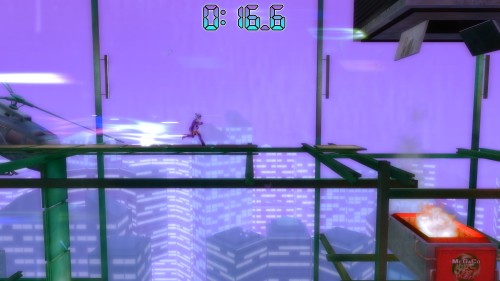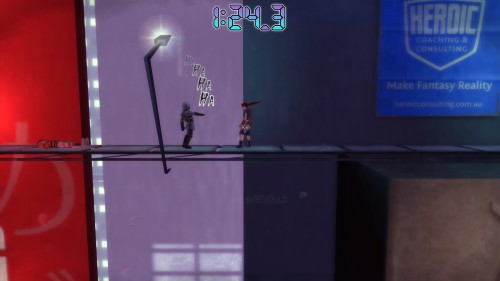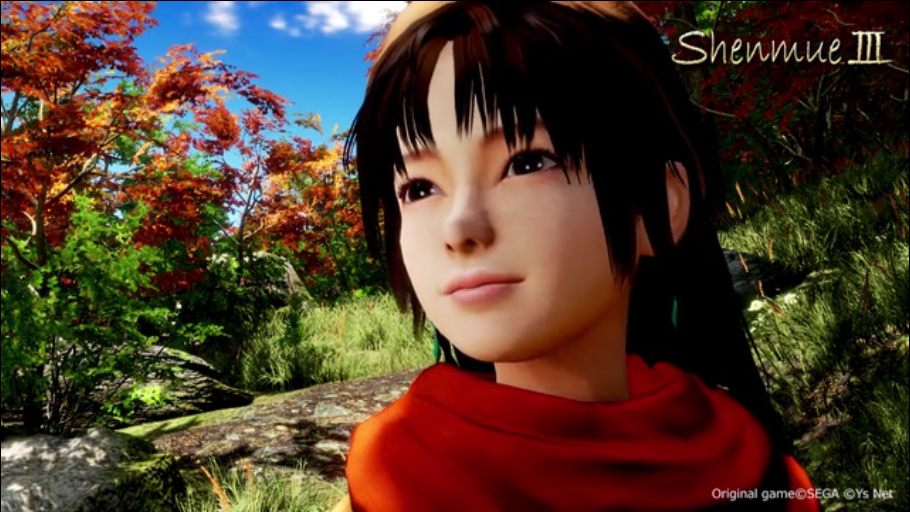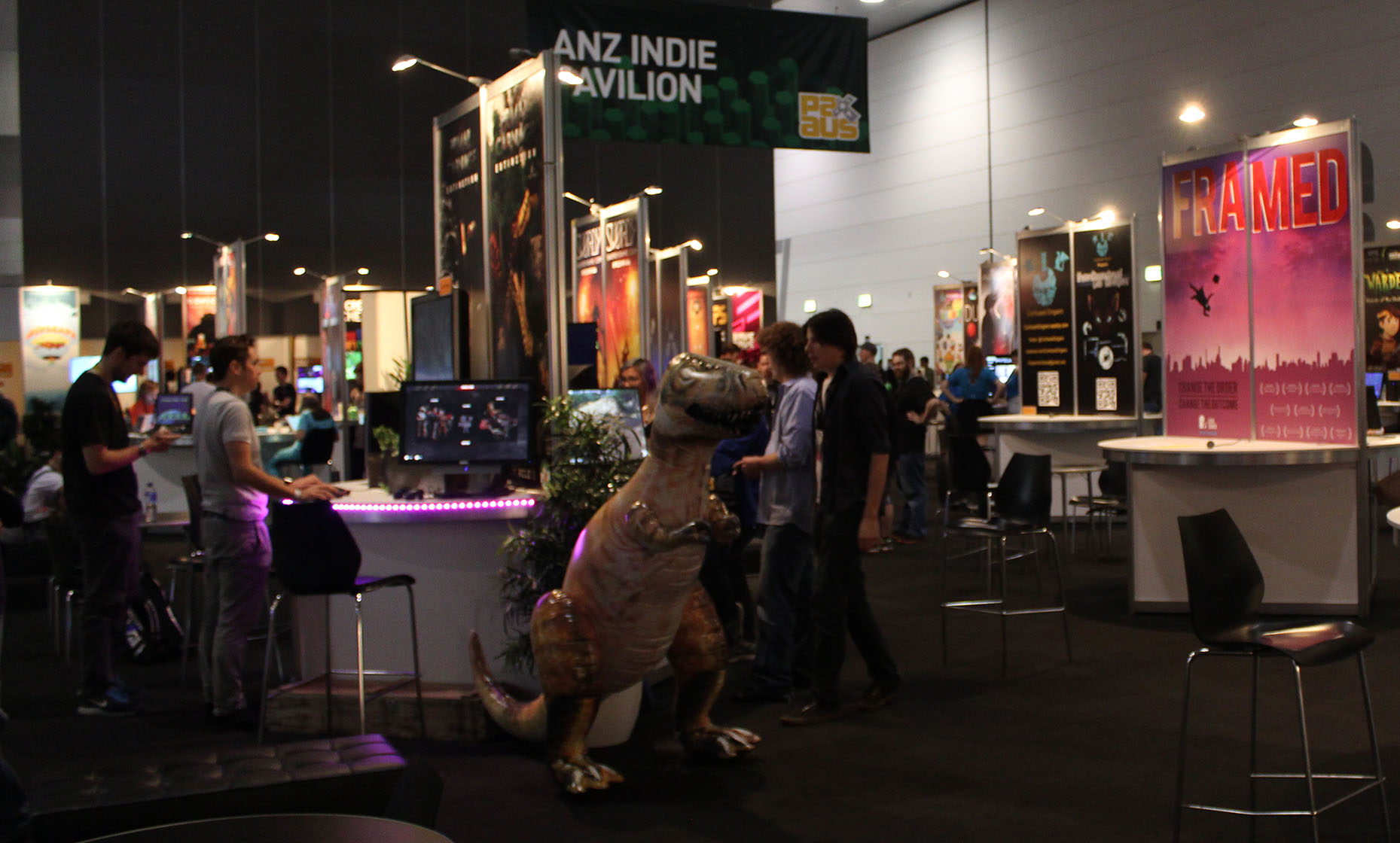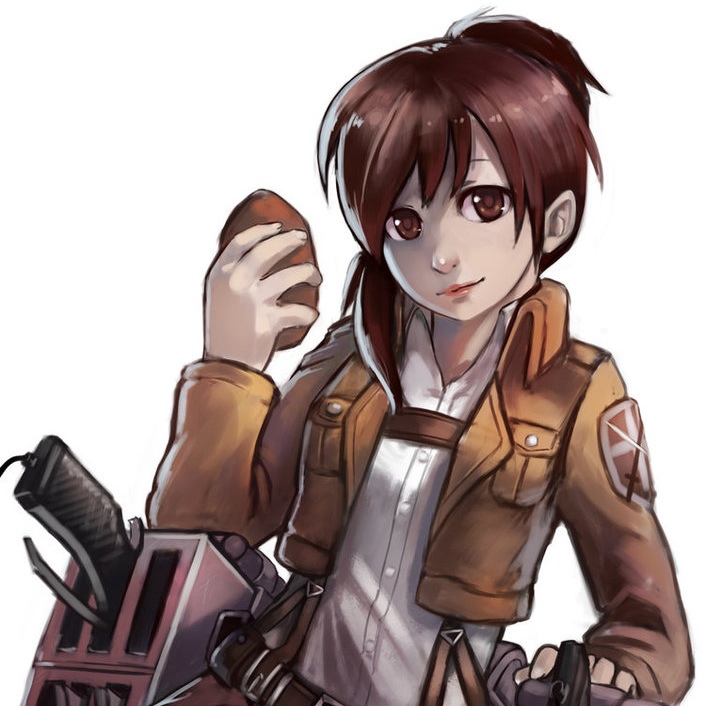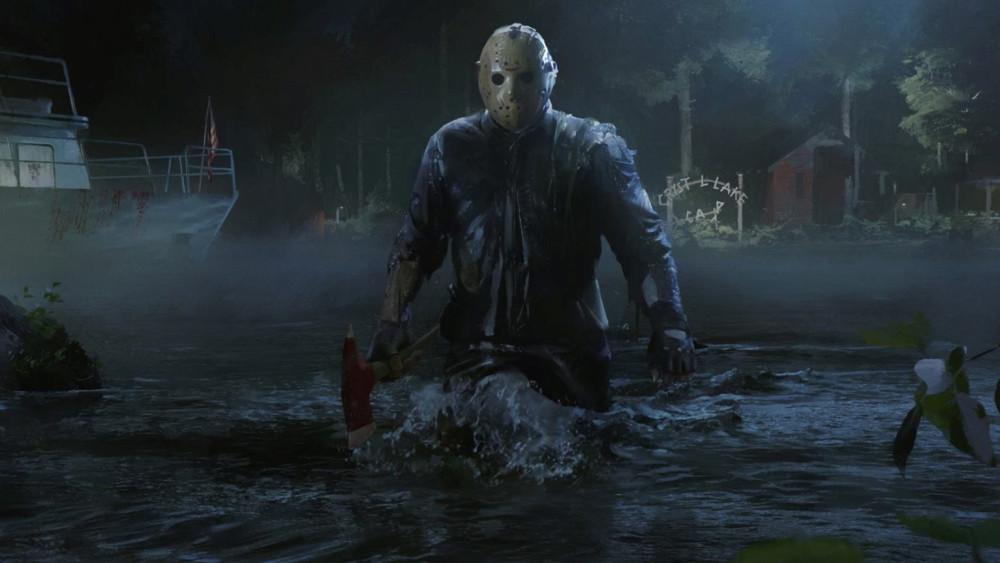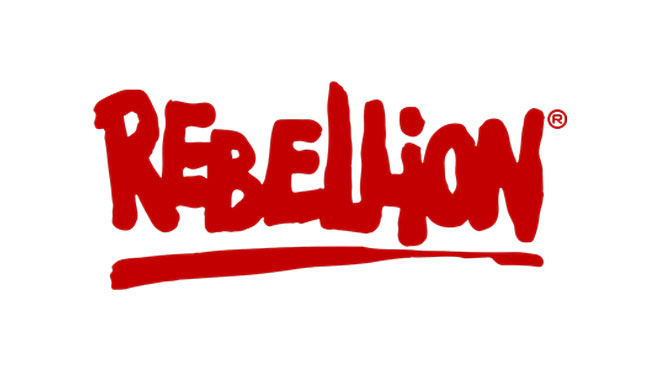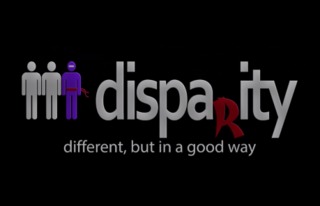
We recently had the chance to chat with Jason Stark of Disparity Games about his experiences using Kickstarter and developing his latest game Ninja Pizza Girl. Jason was kind enough to give us quite a bit of his time, resulting in what is a rather large interview. Because of this, the interview has been split into two parts for easier readability.
Rocket Chainsaw: What inspired you to go to Kickstarter to fund Ninja Pizza Girl?
Jason: Bare necessity. It’s funny, because it ended up being so much better than what we thought. The reasons that drove us to Kickstarter don’t represent the best things about Kickstarter. We were quite surprised. We had already put pretty much all of our own money into it. We received help/investment from Screen Australia, which we need to pay back. It still needed a bit to get it over the line and we really didn’t want to release something rough or unfinished. So we said, all right, let’s do a Kickstarter. I mean that’s what Indie games do.
Everything was different to what we expected, especially Kickstarter. It was far harder than what we expected. Even now I can’t quite say what the hard parts were, but it was hard. But what we got out of Kickstarter was far more than we expected. It wasn’t just the money, the best thing we got out of it was the community, which really helped shape the project so much. They gave us emotional support, feedback and suggestions. We ended up reaching out in crazy and unexpected directions. One of our backers got in touch with Rhianna Pratchett, and she became a huge supporter or the project and helped us shape the story.
It really took us out of our box, it took us out of our little kitchen and it wasn’t just ours anymore. It was this big group who believed in the project and brought something of themselves to the project.
RC: All in all, it sounds like it was a positive experience. Would you return to Kickstarter again?
Jason: The problem with Kickstarter is that it’s getting even harder, it’s like three years ago it was really easy, and then when we did it was harder and now it’s harder again. I would absolutely like to. I would prepare a lot better next time and I hope it stays viable for small developers. It gets a little disheartening seeing big publishers use it in ways that it was maybe not originally designed.
RC: Like Sony with announcing Shenmue 3 at their E3 conference?
Jason: Yeah, exactly. I mean, announcing a Kickstarter on an E3 stage is pretty hard to compete with. I can only imagine the people who launched their kickstarters on the same day and thought, ‘Well, we may as well pack up and go home.’ If it stays a viable platform, we’ll definitely go back, but only time will tell.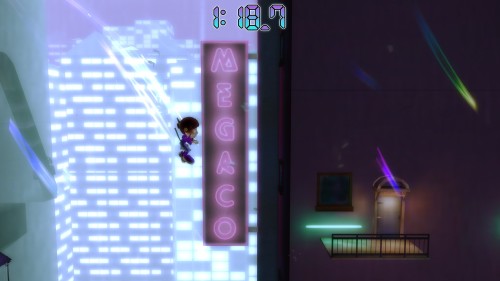
RC: With Rhianna Pratchett, what was it like having her jump on board and all the really positive media coverage at the time?
Jason: This is really hard to describe, it smashed my mind and I’m pretty sure Nicole felt the same way as well. It was like waking up one day and you had fairy wings or the power to turn invisible. It just broke all our preconceived ideas of what was possible to happen to us in our lives. To all of a sudden having Rhianna Pratchett emailing us. It took us nearly a full day to respond to her email. I mean, she’s lovely, but we were absolutely terrified. I mean we’ve been a huge fan of her work, like Mirror’s Edge, Overlord 2 and Heavenly Sword. And then to appear in all the press, places like Polygon and Kotaku, we’d never thought of them as places for us. We always thought of them as places for the cool kids, and all of a sudden it was like they were knocking on our door. It was like, what else can happen now? Anything can happen!
RC: After Krome Studios shut down, what was it like having to make the call of what to do next?
Jason: We actually found it quite liberating, because we are basically a bunch of crazy people that have exerted considerable effort in being sensible. So we stayed at Krome all those years, despite wanting to do our own thing, because it was sensible. But, you know, when it goes bust there are no sensible options left. Getting contract work was near impossible because you were competing with the other near-thousand people that were in the same position. You could move overseas, but then you have absolutely no protection. If the company you’re working for goes bust, you get deported, and we’ve known people that have lost everything while being deported.
There were no sensible options left, so we decided to do what we’ve always wanted to, and moved to the beach to make videogames.
RC: It definitely sounds like a great decision, and sounds like it would have been fun. Early on, did you ever face reality and think, ‘Was this the right decision to make?’
Jason: I mean, there’s very tough times of course. Just the monetary realities, we went from being fairly well off to being in this tiny house and having to watch every penny. We’re in a slightly nicer house now, but we still watch every penny and I just think that’s a reality that many Indie developers face. There were certainly dark times where it seemed we weren’t going to make it through. There’s a million minor hurdles you need to face, and when you hit them it can be devastating, but I don’t think there was ever a time that we regretted the decision.
RC: Now that Ninja Pizza Girl is out, do you consider it to be content complete or are do you have any additional things you want to do with it?
Jason: We feel it’s pretty complete, obviously we’ll keep patching, and there is one thing we want to do. It was actually our first stretch goal, it’s our includification goal which is all about making games accessible to disabled gamers. I feel pretty strongly about this one, because I feel that if you can’t run and jump then it would be nice to pretend to run and jump. We got about half of that functionality in, and there’s a few more things we want to include. I want to be able to get the game working with a headmouse, because then you have people who may be paralyzed from the neck down, but they can still play our game.
RC: What did you consider to be the most difficult part of the development?
Jason: The most difficult part of building the game was working out what we wanted to communicate in the game and how to communicate it. The game originally started as just your sort of run of the mill platformer and it just sort of grew into this other thing. It’s taken us three years to make this game, and even with a bigger team I don’t think it could have been finished any quicker as it took us this long to work out what it was. Then, when you realise the game is about something real, it’s all about trying to figure out how to communicate it. We’ve had a few reviews here and there, where people didn’t like it and how we communicated it, but I’m completely okay with that. I’m just happy that we managed to communicate it successfully at all!
Because this is a really dicey subject and it’s set in a really weird world, and so the fact that we’ve managed to get things across… The end theme was rewritten many times and to actually develop a coherent story and get the game mechanics working with it. I believe a story is built outside of the cutscenes. I think Journey is a wonderful example, because you can skip every cutscene and still come out of it having experienced a moving story. So, getting the mechanics to tell the story and creating an experience that communicates to the player, had been the hardest thing. The fact that we may have succeeded, at least for some people, is the most awesome thing in the world.
Part 2 of our interview with Jason has now gone live! Continue reading over here. For further reading, also check out our review of Ninja Pizza Girl.

